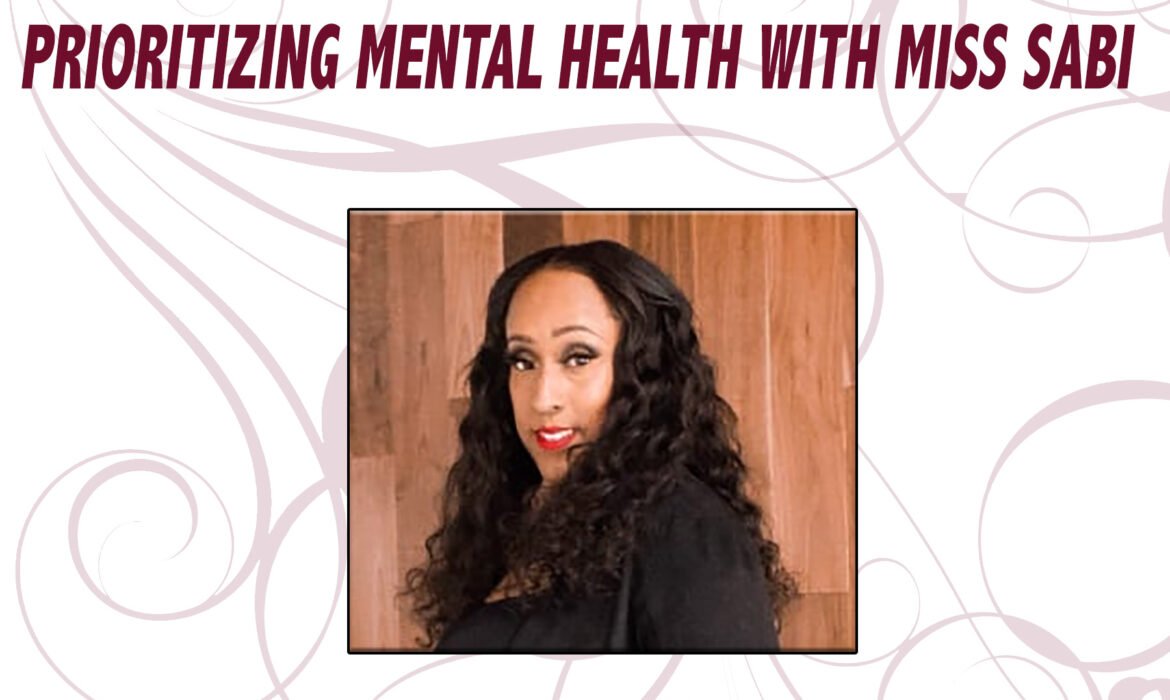Salutations! I’m thrilled to be back, sharing more insights from my struggle to prioritize mental wellness in a world that often pushes us beyond our limits in the name of “success.” Did you do the homework I assigned to you last time we met? What have you been writing in your gratitude journal?
I would like to remind you that I am not a mental healthcare professional—I am a Science, Technology, Engineering, and Math (STEM) educator, a PhD student researching STEM education for Black youth, and a mother of two beautiful girls. With my background in science and my deep appreciation for spirituality, I’ve come to understand how vital it is to prioritize mental wellness for both myself and my daughters. I also want to stress the importance of seeing a mental healthcare professional regularly, even when things seem fine. Mental wellness should be something we maintain proactively, not just a last resort when we feel overwhelmed or out of options…
I grew up in a very loving household, where affection was key—and this wasn’t just limited to the women in my family. I have some male cousins I grew up very closely with, and whenever we met up, they knew they had to hug and kiss my father, because he would always remind them, “Hinkson men does hug and kiss!” (Insert authoritative, raspy Trini masculine voice here.)
That deep-rooted culture of affection followed me into adulthood…While we’re often told not to hug students, my experience as a teacher—especially in programs for students removed from the regular stream due to learning difficulties, behavioral challenges, or other circumstances—has taught me otherwise. I’ve encountered students whom I just knew needed a hug, and when I gave them one, I often saw an immediate shift in their attitude toward school that day.
When I was younger, I didn’t realize there was science to back up the power of a hug. But as an adult with a degree in Biochemistry and Scientific Research, I became curious about its physiological effects. And now, I’d love to share some of that science with you.
Hugging plays a vital role in promoting mental wellness by providing social support and reducing stress. Affectionate touch, such as hugging, triggers the release of oxytocin, commonly known as the “love hormone,” which fosters bonding and lowers stress and anxiety. A study published in Biological Psychology found that frequent partner hugs were linked to higher oxytocin levels, lower blood pressure, and reduced heart rate in premenopausal women—showing a direct connection between hugging and stress reduction.
Moreover, hugging has been shown to protect against the negative effects of stress on health. Research published in Psychological Science found that individuals who received more frequent hugs were less likely to develop infections after being exposed to a common cold virus, suggesting that hugging strengthens immune function and reduces stress-induced illness.
For the next seven days, hug at least one person daily (with their consent). Pay attention to how it makes you feel and any changes in the other person’s mood. At the end of the week, reflect in 3-5 sentences on whether this experience affected your stress levels, emotional state, or connections with others.
Happy hugging!
















